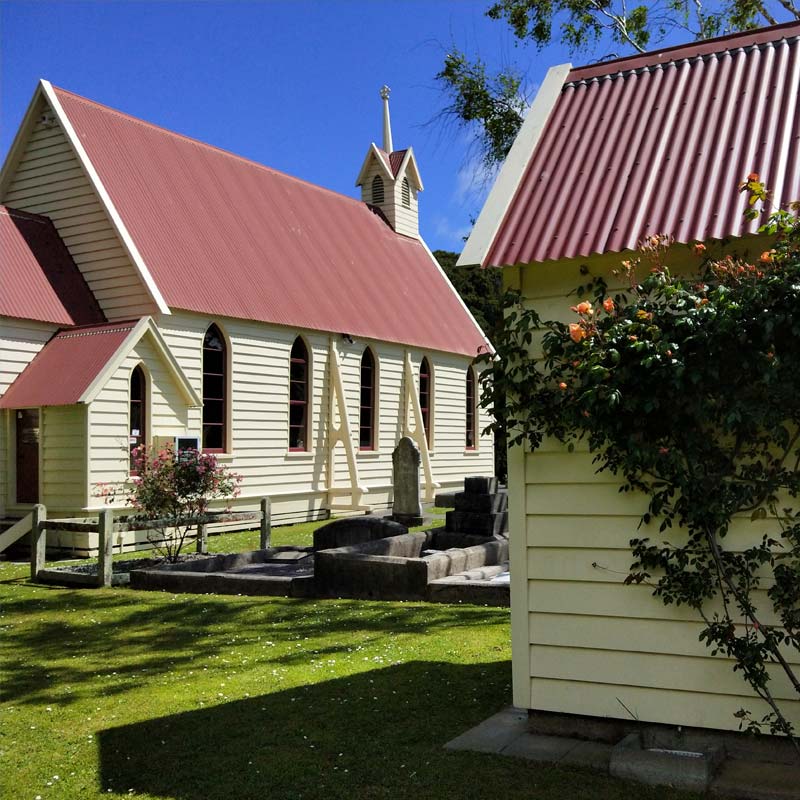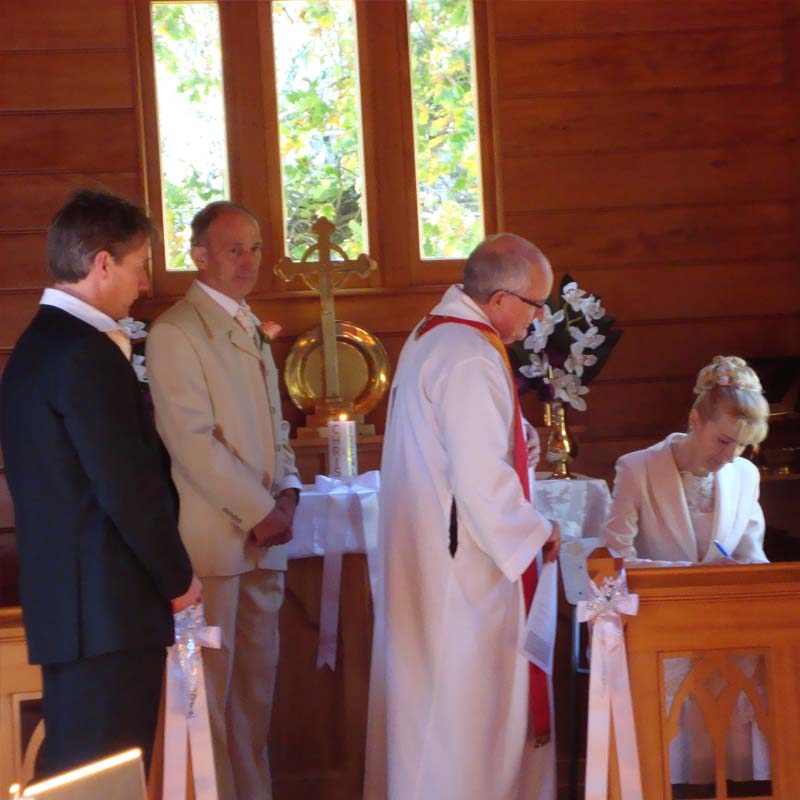query Taita
more articles
Wellington Independent 15 June 1860
THE NATIVE INVESTIGATION AT THE HUTT.
The Highest Wisdom has declared the necessity of carefully considering the probabilities of success, before entering upon a war. What king goeth to make war upon another king sitteth not down first, and considereth whether he be able with ten thousand to meet him who cometh against him with twenty thousand?” Admittedly reasonable as such a proposition is, there are yet those in this colony who seem desirous of acting in a directly opposite course. When the rebellion at Taranaki first assumed a decidedly hostile shape, it became evident that the utmost caution was requisite by the authorities of other provinces, in order to avoid collision with the natives in their several neighbourhoods. The Europeans were much excited, and the natives equally so. Both races were naturally suspicious and the one narrowly watched the sayings and doings of the other. The events at Taranaki at first increased the excitement. The troops gained only a bloodless yictory, and large numbers of the natives assumed everywhere a decidedly offensive demeanour. Then came the fight at Waireka, the news of which so entirely humbled the distant natives and allayed excitement, that the settlers in j this province, and in others, felt as thoroughly secure as they did before the war began. It i 3 much to bo regretted that the military operations at Taranaki, have since been of a character to weaken the good effects of that fight, and the wonder roally is that the natives have been so slow in resuming the intolerant bearing they carried two -months ago. They have however, been gradually resuming it, and the maintenance of peace in our midst, and in the midst of other Provinces, has been entirely owing to the great forbearance displayed by the settlers, and the conciliatory measures adopted by the authorities. The Provincial authorities of Auckland, liawke”s Bay, and Wellington, have shown how thoroughly they were impressed with the ruin- in which their respective Provinces would become involved were tho slightest outbreak to take place, and have accordingly used every endeavour to ward off such a calamity. If this were necessary at Auckland, where they have had the blue-jackets of the Iris, Elk, and Nlfjer, corps of Volunteers of two years” training, and the powerful aid of Waka Nene and the Ngapuhis to fall back upon if this were necessary at Hawke”sßay and Wanganui, where regular forces are stationed how much more so must it still be in this portion of Wellington, where every soldier has been taken away, and the only protection we even now have is a war-steamer minus her men, and a few Militia and Volunteers not yet perfect in drill.
It may bs very humiliating it is very humiliating to he constantly acting in this way, but it is true wisdom to do so, when you are unable to meet your adversary. And yet there are those here, who are loud in condemning the conciliatory measures that have been adopted, and who speak as if they would be glad to see a collision^ precipitated. Either former experience has been thrown away upon them, or they want to appear unnaturally courageous. But if our readers will think, for one minute, of the wreck Taranaki has become, notwithstanding the forces there are three to one compared with the natives actually opposed to them, they will, in some measure, be able to understand what their own position Avould shortly be, were a collision to take place here, with no troops, and without a prospect of any being withdrawn from elsewhere. While none can be spared from Taranaki, we refrain from imputing blame to the General Government for the absence of a military force in Wellington; but we trust that so soon as the exigencies of Taranaki will permit, or the moment further reinforcements arrive, Wellington will be garrisoned with a force sufficient to afford U3 that permanent guarantee which the population and importance of the Province demands.
These remarks have been suggested by the course pursued bj some of the Magistrates relative to a recent occurrence at the Hutt a course of procedure we have heard spoken of in unfavorable terms. A short time ago, a native and a lad named Sjrkes quarrelled the former taking possession of a whip belonging to the latter and laying it about his back, because he was, or was supposed to be the means of upsetting his cart and injuring a woman and child. On application to Mr. Barton for a summons, he thought it advisable to see if the matter could bo settled amicably, not wishing that a carter”s quarrel should unduly increase the excitement existing for some time past in t-ie Ilutt. He in* duced the parties to agree to himself and-j Mr. Fitzherbert holding a sort of extrajudicial arbitration which accordingly took place on Wednesday (theGfcli insfc.) at the Taita, in which neighbourhood the native resides. The native attended, returned the whip, but walked away while being reprimanded. Numerous natives (some of whom were armed) Avere congregated from various quarters, and much excitement prevailed. Fortunately the affair pas s ed off without the slightest disturbance many of the principal natives publicly expressing their regret at the conduct of the accused and it now only affords a peg for discussing the propriety of the course pursued by these Magistrates. Some say a summons ought to have been served and the native made to appear, and that for not doing so the magistrates are much to be blamed while others maintain that they have -by their prudence secured the px-esent peace of the district. We agree with these latter, and have given what we think should be ample reason for coming to the conclusion, that in our totally unprotected state, it is true wisdom to stave off a conflict, which, if once begun, will bring with it the most lamentable consequences.
Wedding Venue Bookings
To book a wedding email
or phone Daphne Daysh 04 977 2055 or 027 687 2055



